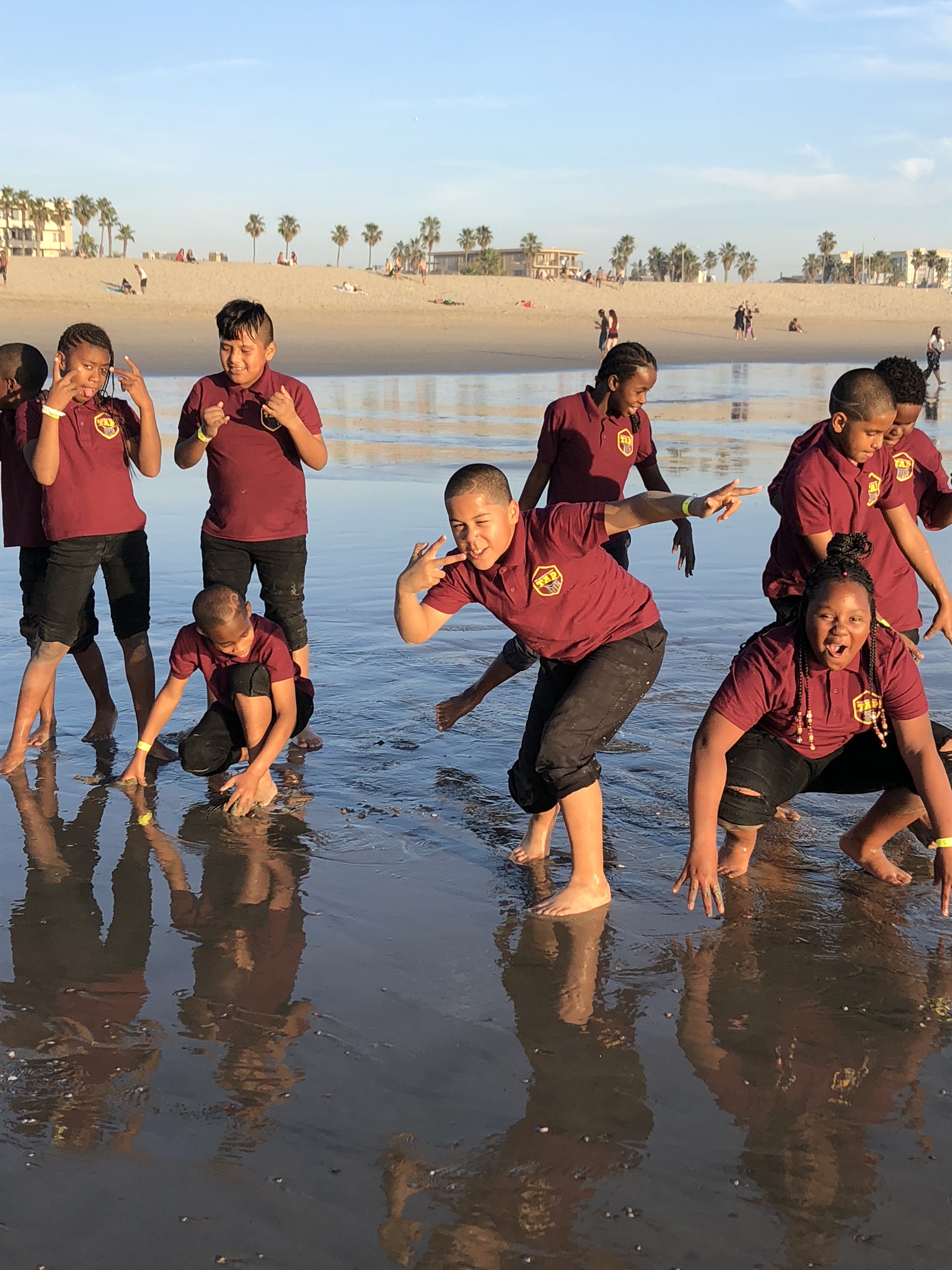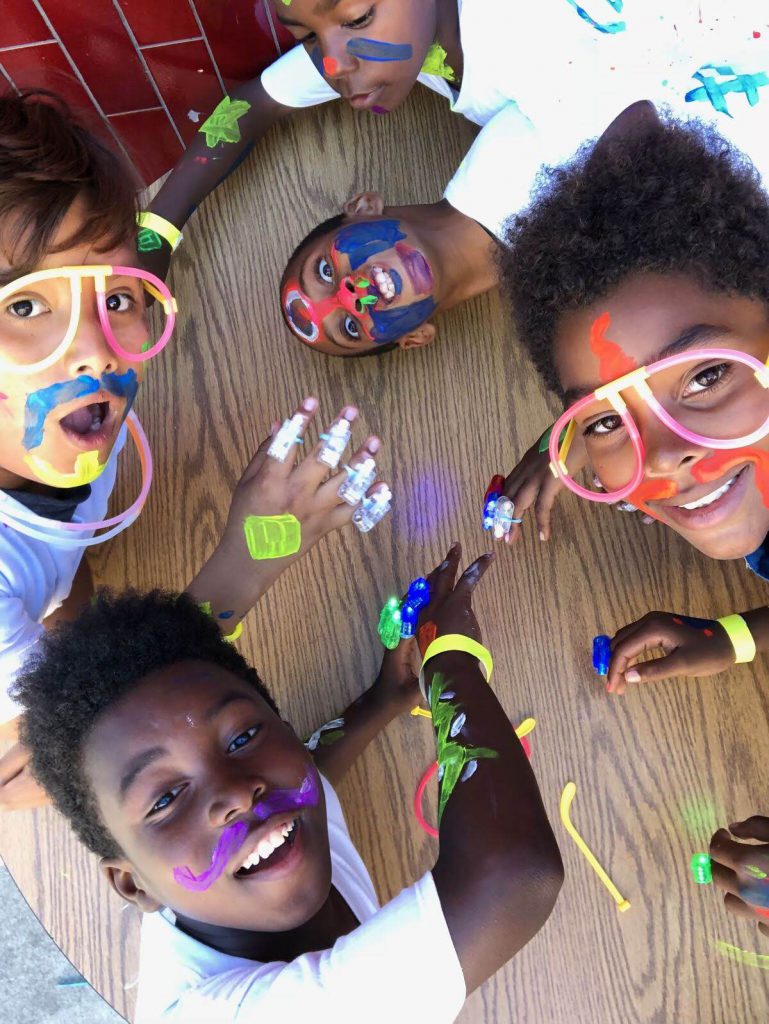
The Academy Project (TAP) Gets to the Root of Issues Affecting Foster Children
The Academy Project is making a difference for the tens of thousands (no typo) of foster youth living in South Los Angeles County. These are kids who pretty much drop off the face of the earth when they age out of the system and all the fancy programs invented for them end. What The Academy Project (TAP) does is ensure these children get a proper education and know how to live independently, by the time they come of age.
We were glad to award a small grant to this deserving organization. And of course, we wanted to know more about this work. We had a chat with executive director of The Academy Project, Lauren Costa:
Kars4Kids: Why are foster children most at risk for not completing high school?
Lauren Costa: The astonishing 30,000 youth who reside in Los Angeles County foster care are socially, physically, and economically disadvantaged in every way – a statement easily corroborated by a set of heart-wrenching statistics. A recent report documenting how foster care experience impacts educational outcomes in California’s students found that while in foster care, foster youth attend between seven and twenty schools and lose four to six months of progress with each school change. 1
This instability is a root cause for a host of other challenges faced by these youth. According to the Children’s Bureau Child Welfare Information Gateway, 75% of foster youth are working below grade level, and 83% are held back. Academic difficulties in high school result in high dropout rates, as only 58% of foster youth achieve a high school diploma (compared to 84% of the general population).
Regardless of whether they are ready, foster youth are faced with a harsh reality as they voluntarily leave the foster care system at age 18 or age out at 21. Unlike peers in traditional families, safety nets or social support networks to facilitate a smooth transition into adulthood are non-existent. This leads to devastating consequences as many of these young adults find themselves unemployed or on public assistance. Worse, many become homeless or incarcerated. This research paints a grim future for Los Angeles’s foster youth.
But by collaborating with like-minded organizations to tackle this issue, The Academy Project (TAP) supports the present and strengthens the long-term wellbeing of Los Angeles foster youth. Using an innovative approach, TAP fills a gap left by numerous other community programs and targets foster youth most at risk of not completing their high school diplomas. Many other programs serving foster youth in Los Angeles take a different approach, serving those foster youth who are showing the most potential to succeed. There are also many programs in Los Angeles that provide much needed support to foster youth transitioning out of the system. Again, TAP’s focus is on fixing root causes and ensuring youth are self-sufficient by the time they age out of the system, therefore alleviating the burden on these already overwhelmed organizations.
Kars4Kids: How do children end up in your programs?
Lauren Costa: To elicit a sense of exclusivity and drive excitement about selection and participation, TAP participants are referred to as “members.” Members are selected from a pool of foster and at-risk youth referred to the program by social workers, lawyers, in-school foster youth liaisons, court appointed special advocates (CASA), and so forth. Youth are also encouraged to self-submit if they are interested in participating.
Kars4Kids: What kinds of educational enrichments are offered by The Co-op?
Lauren Costa: Co-Op activities are presented in intensive collaboration with other community organizations. Members receive homework help and tutoring from TAP staff and volunteer support. The Co-Op also offers a “Reading Partners” mentoring program that offers members the opportunity to have one-on-one reading instruction once a week.
Many foster youth are reading far below their grade level and unfortunately, there are not enough resources available through LAUSD to provide individual, intensive remediation. Through this remediation, academics in general significantly improve and because youth are more engaged with their studies, behavior issues decrease and daily attendance improves.
Most importantly, “Reading Partners” provides youth the opportunity for weekly interactions with caring, responsible adults. We also offer music enrichment and music lessons twice a week. Students can choose between violin, cello, guitar, and piano and perform as an ensemble twice a year. The opportunity to learn how to play an instrument is, unfortunately, a rare one as many schools have been forced to cut their arts and music programs.
Kars4Kids: The Co-op is billed on your website as offering a safe haven to participants. Why is this necessary? If the children are already in foster care, why are they not safe?
Lauren Costa: Foster youth attend on average 7 schools while in foster care, losing 4 months of progress with each move. Foster youth have little control over their home and school placements, but as Co-Op members they will have a permanent resource regardless of placement or care status changes. The Co-Op provides a lasting connection, unwavering academic and emotional support, and a broad range of extracurricular activities that are rarely available to foster youth. Transportation is provided as needed, a vital resource that is often the missing link between a child staying in the same school or being required to change schools.
The Co-Op exposes members to a wide variety of emotionally and physically enriching activities so they have ample opportunity to explore, succeed, fail and find their true passions. Most importantly, The Co-Op is exclusively limited to foster, homeless and at-risk youth members. They have the chance to be themselves in a safe and welcoming space, away from the fear of being “found out,” perceived as different or stigmatized.

Kars4Kids: What’s next for The Academy Project?
Lauren Costa: There is a significant need for The Academy Project’s programming. We are growing and will scale The Co-Op for other schools, which will allow our members to join The Co-Op in their new schools if they change placements. We are also working towards extending the length of Camp Xavier. We have had many requests from both youth and parents/guardians to extend the program to at least two weeks if not an entire month.
1 Barrat, V. X., & Berliner, B. (2013). The Invisible Achievement Gap, Part 1: Education Outcomes of Students in Foster Care in California’s Public Schools. San Francisco: WestEd.